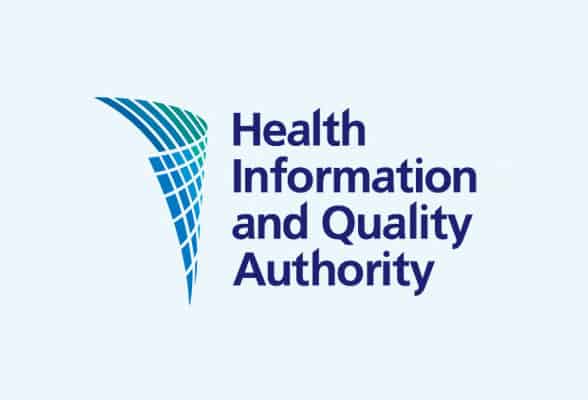HIQA has advised the national public health emergency team (NPHET) that the current minimum age for mask wearing in the community should not be reduced.
HIQA’s Chief Scientist, Dr Conor Teljeur, said: “The use of layered mitigation measures in schools and childcare facilities, such as physical distancing, hand hygiene, cough etiquette, increased ventilation, and, most importantly, not attending when you have symptoms of Covid-19, reduces the risk of transmission of SARS-CoV-2. National and international evidence suggests that when these mitigation measures are fully implemented, schools become low risk environments.”
“As there are currently high rates of infection in the community, we encourage parents and children to continue to observe public health guidance before, during and after school activities. We also recommend that anyone who has the opportunity to avail of the Covid-19 vaccine does so.”
HIQA also reviewed the use of rapid antigen testing in real-world settings for screening or surveillance of asymptomatic individuals (those who have no known or suspected exposure to SARS-CoV-2) to limit transmission of SARS-CoV-2. Based on the current evidence, there is uncertainty regarding the effectiveness of rapid antigen testing for screening of asymptomatic individuals with the aim of limiting transmission of SARS-CoV-2. There are also significant resource, implementation, regulatory, ethical and social considerations associated with the widespread use of rapid antigen detection tests (RADTs) in asymptomatic populations.
HIQA has advised that RADTs may have a role in limiting transmission in certain circumstances, but only as an additional public health measure, rather than a replacement for known mitigation measures.
Dr Teljeur continued: “A negative antigen test in an asymptomatic person should not be viewed as a ‘green light’ to engage in activities that would be otherwise considered as high risk for transmission. Also, the introduction of routine and widespread rapid antigen testing in asymptomatic populations would require a significant investment. Any decision to use RADTs for screening in asymptomatic populations should consider a variety of factors including the prevalence of COVID-19, the proportion of the population who have adequate immunity and the vulnerability of the population involved.”













Leave a Reply
You must be logged in to post a comment.